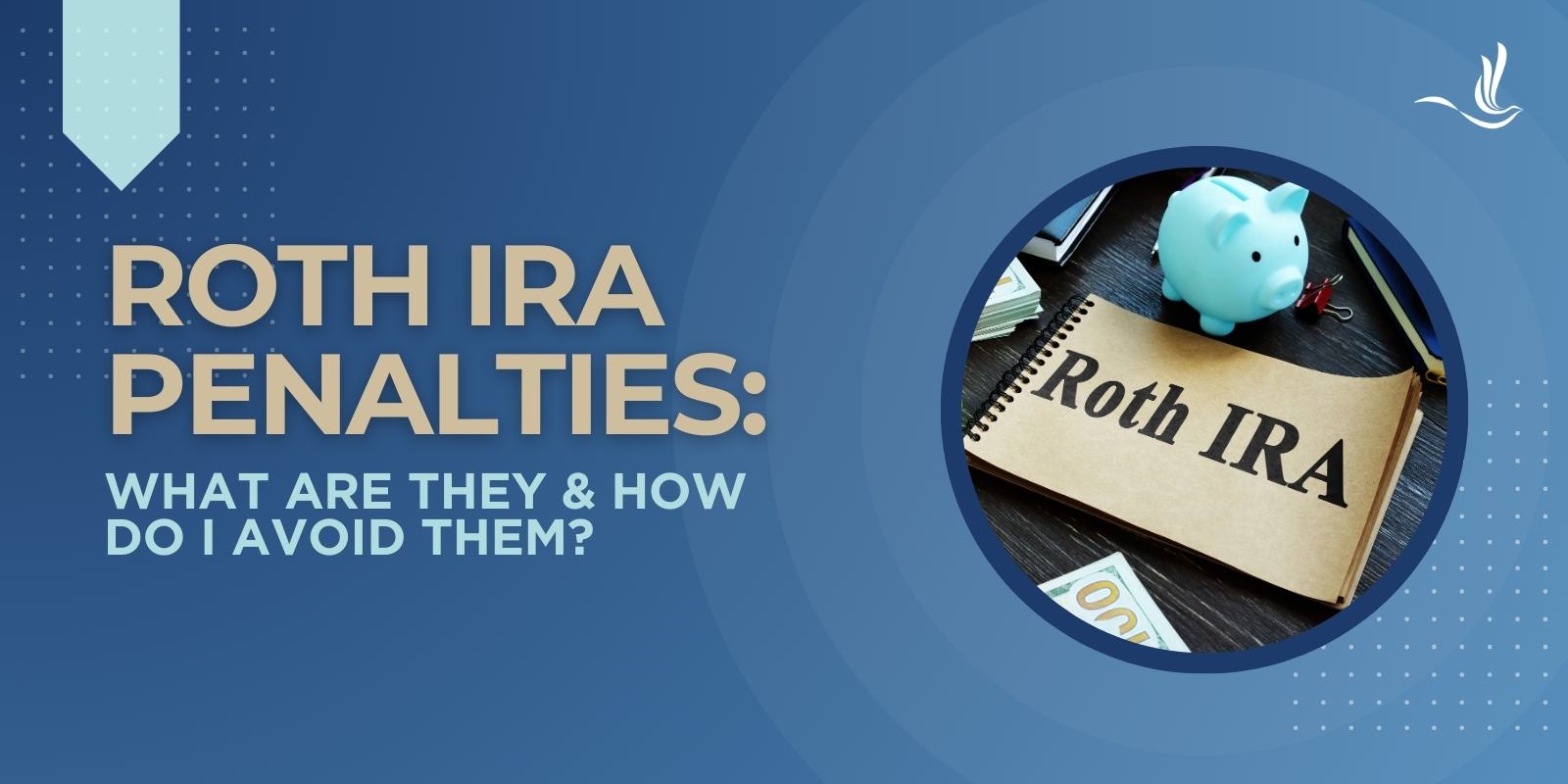Have you joined the ranks of Instagram® influencers, bloggers, and content creators on platforms like YouTube® and TikTok®? If so, it’s crucial that you understand how to file taxes as a content creator. Don’t worry, though — we’re here to answer your tax questions and point you in the right direction.
At a glance:
Content creators must pay income tax on their income, whether it’s a hobby or a full-time job.
Social media influencers who work as independent contractors for brands are considered self-employed individuals and must pay self-employment tax in addition to income tax.
Many business expenses related to content creation are tax-deductible, including editing software, subscriptions, and travel expenses.
Free products received from brands in exchange for sponsorships may be taxable income if their value exceeds $100.
Do content creators have to pay taxes?
Yes, content creators must pay income tax on their gross income, whether it’s a side gig or a full-time career.
If you work with brands as an independent contractor, you’ll likely receive Form 1099-NEC if you earned at least $600 from a company in 2025 (in 2026, this threshold will increase to $2,000 due to a provision in the One Big Beautiful Bill). This tax form reports your business income, which you’ll report on Schedule C of your individual 1040 tax return. You will also use Schedule C to report all your business expenses and tax deductions related to content creation.
Reminder: Even if you don’t receive a Form 1099-NEC, you’re still required to report all taxable income to the IRS!
Since most social media influencers are considered self-employed, they must pay self-employment tax in addition to income tax.
The self-employment tax (also called SE tax) covers Social Security and Medicare taxes and applies to anyone earning $400 or more from self-employment. But don’t let SE taxes scare you too much — the IRS lets you deduct 50% of SE tax to reduce your taxable income.
How to calculate self-employment tax and pay quarterly estimated taxes
Unlike traditional employees who have taxes withheld from each paycheck, self-employed individuals must estimate their tax liability and make quarterly tax payments to the IRS. Here’s how to do this.
Step 1: Estimate your quarterly taxes.
Add up your total taxable income from sponsorships, ad revenue, affiliate marketing, freelance work, etc.
Deduct your business expenses to get your net income.
Calculate your self-employment tax (15.3% of net income) and income tax (based on your tax bracket).
Step 2: Make your tax payments.
The IRS requires quarterly estimated payments on the following dates (or the next business day if the due date falls on a weekend or holiday):
April 15 for income earned January through March
June 15 for income earned April through May
Sept. 15 for income earned June through August
Jan. 15 of the next year for income earned September through December
For an easy way to pay, TaxAct can help you set up Electronic Funds Withdrawal. With this method, you have quarterly payments deducted from your bank account automatically. You can also pay online through the IRS Direct Pay system, via EFTPS, or by mailing a check.
If you make substantially more or less income than anticipated, you may need to adjust your self-employed estimated tax payments.
Step 3: Avoid penalties.
If you underpay taxes throughout the year, the IRS may charge penalties and interest.
To avoid this, pay at least 90% of your current year’s tax liability or 100% of last year’s tax liability (whichever is lower).
Consider setting aside 25-30% of your content creator earnings in a separate bank account to cover quarterly taxes.
By staying on top of quarterly tax payments, you can avoid large tax bills and potential penalties during tax season. For more details on this topic, check out How to Calculate and Make Estimated Tax Payments.
Can I start my own business as an influencer?
Yes! Many content creators choose to structure their content creation as a small business. The business type you choose has a big impact on your tax situation. The best option depends on your long-term goals, tax implications, and whether you need liability protection.
Common business structures for content creators:
We have several guides on choosing the right business structure for your needs:
What tax deductions can content creators claim?
One of the perks of being a content creator taxpayer is the ability to deduct business expenses to lower your taxable income.
Common tax deductions for content creators:
Home office deduction (if used exclusively for business — this also includes things like office furniture and supplies)
Equipment and software costs (cameras, editing software, microphones for videos and podcasts)
Subscriptions (stock photo sites, graphic design tools)
Marketing and advertising costs
Travel expenses (flights, hotels, rental cars for business trips)
Professional services (lawyers, accountants, tax professionals)
Website expenses (hosting, domains, design fees)
Tax Tip: Keep detailed records and receipts of your business expenses to support your deductible expenses during tax season in case the IRS asks for documentation.
Do I need to pay taxes on the free stuff I get as an influencer?
It depends. If you receive free products, trips, or services from brands in exchange for sponsorships or promotional work, the IRS may consider them taxable income.
Here are some guidelines to keep in mind:
If the item’s value is over $100 and the brand expects you to perform a service in exchange for it, you likely need to report it as business income for tax purposes.
If it’s a true gift with no expectation of work, it may not be taxable.
If you receive a Form 1099-NEC, report it on your tax return under Schedule C.
How do state taxes affect content creators?
Since content creators often work remotely for many different clients, state tax obligations can be tricky. Some states have unique tax laws regarding self-employment income:
You may need to file taxes in multiple states if you work for clients based in other states.
Live in one state and work in another? See our article on tax reciprocity.
States with no income tax (like Texas and Florida) may still have other business tax obligations.
If you move frequently, keep track of where your business income is earned.
Filing your state income tax return doesn’t have to be complicated — TaxAct can help you easily file your state return(s) when you e-file with us. Your federal return data will transfer to your state return, and our tax software’s State Q&A interview section will prompt you for information specific to your state.
Real-world examples: Taxes for content creators
Example 1: Calculating self-employment tax for a YouTuber earning $50,000 annually
Emily is a YouTube content creator who earns $50,000 per year from ad revenue, sponsorships, and affiliate marketing. Since she is self-employed, she must pay self-employment tax on her earnings.
Self-employment tax rate: 15.3%
Self-employment tax owed: $50,000 × 15.3% = $7,650
However, Emily can deduct half of the self-employment tax when calculating her adjusted gross income (AGI). That means she can deduct $3,825 from her total taxable income.
Example 2: Deductible expenses for an Instagram influencer
Alex is an Instagram influencer who promotes fashion and beauty products. During the year, Alex spends money on various business expenses, including:
Photography equipment: $2,500 (camera, lighting, tripod)
Travel expenses: $3,000 (flights, hotels, rental cars for brand photoshoots)
Subscriptions: $500 (editing software, social media scheduling tools)
Home office deduction: $1,200 (dedicated office space and furniture)
Marketing & advertising: $1,000 (Instagram ads, paid collaborations)
Total deductible expenses: $8,200
By deducting these business expenses, Alex reduces their taxable income, lowering their overall tax liability.
FAQs for self-employed content creators
How to file taxes as a content creator with TaxAct
While you can always pay a tax professional to do your taxes, that isn’t the only option.
TaxAct Self-Employed is a great DIY tax alternative for content creators, freelancers, and independent contractors, whether influencing is your side gig or full-time job. Our tax preparation software walks you through reporting everything from self-employed income to expenses and deductions. We can even help you calculate and set up estimated tax payments.
And if you’re a business owner, we’ve got you covered there too. Check out TaxAct Business.
Why choose TaxAct?
When you file with us at TaxAct, we ask you detailed questions to guide you through the tax filing process with ease.
Here’s how we can help first-time content creators file their taxes with accuracy:
Understanding your tax status: We’ll help you determine how to classify your influencer income. If you’re just starting out as a content creator, the IRS may only count it as a hobby. Hobby income is reported differently than professional income, so we’ll help you record everything in the appropriate place.
Income reporting: TaxAct Self-Employed is designed to help you accurately report your income from sponsored content and brand partnerships. We’ll walk you through the process and help you enter multiple 1099s if necessary.
Deducting business expenses: Tax write-offs are available for content creators to help you reduce your taxable income. We’ll help you enter your deductible business expenses and determine if you qualify for additional tax breaks like the home office deduction.
TaxAct Alerts: Before you submit your self-employed tax return, our Alerts feature meticulously inspects your return for potential errors, omissions, and tax-saving opportunities you may have missed.
The bottom line
Doing your own taxes as a content creator might seem complicated at first, but understanding the main concepts and how to report income and deductions properly can make the process much easier when tax time rolls around. Whether you’re self-employed or thinking of starting your own content creation business, it’s important to stay on top of your tax responsibilities — and take advantage of potential tax breaks, of course.
Tools like TaxAct Self-Employed and TaxAct Business can help guide you through the entire tax filing process so you can focus more on creating content and worry less about tax headaches. Start filing your content creator tax return today.
This article is for informational purposes only and not legal or financial advice.
All TaxAct offers, products and services are subject to applicable terms and conditions.


























